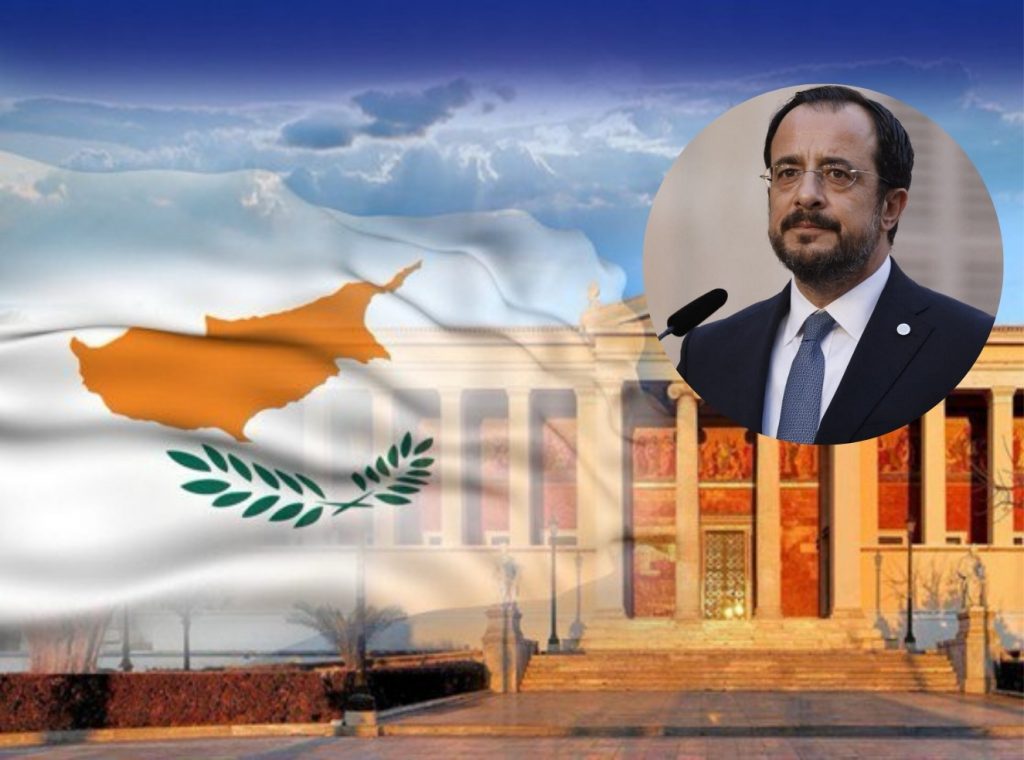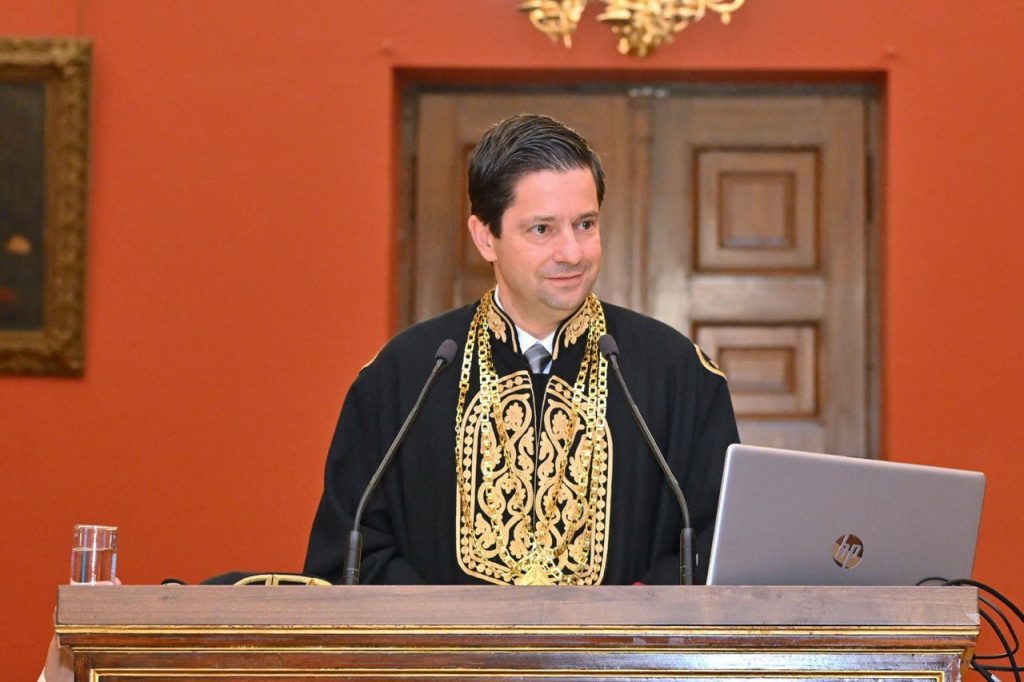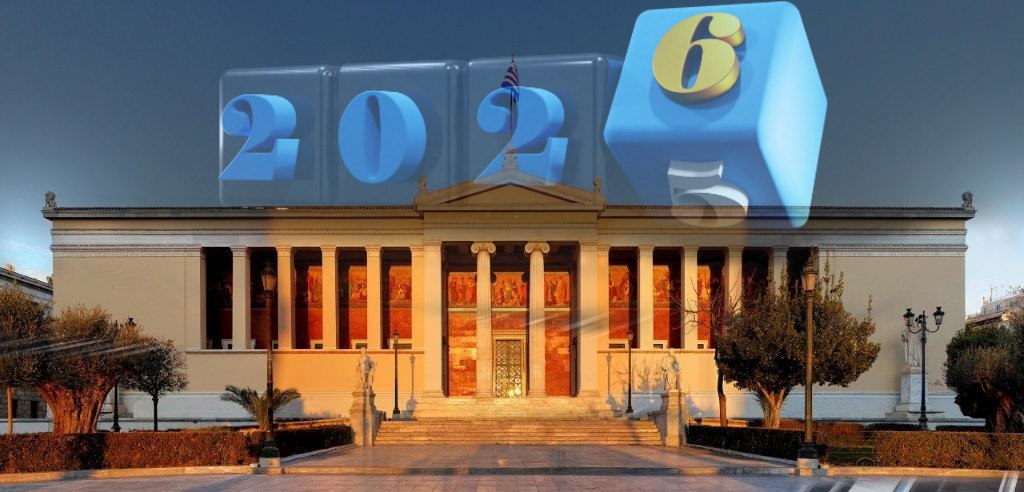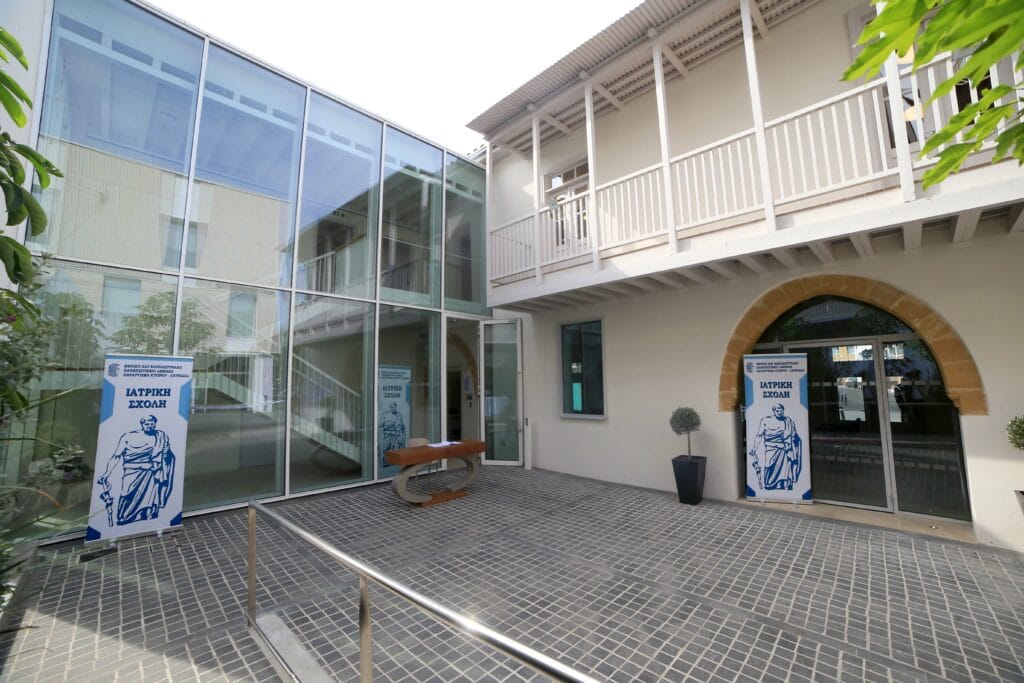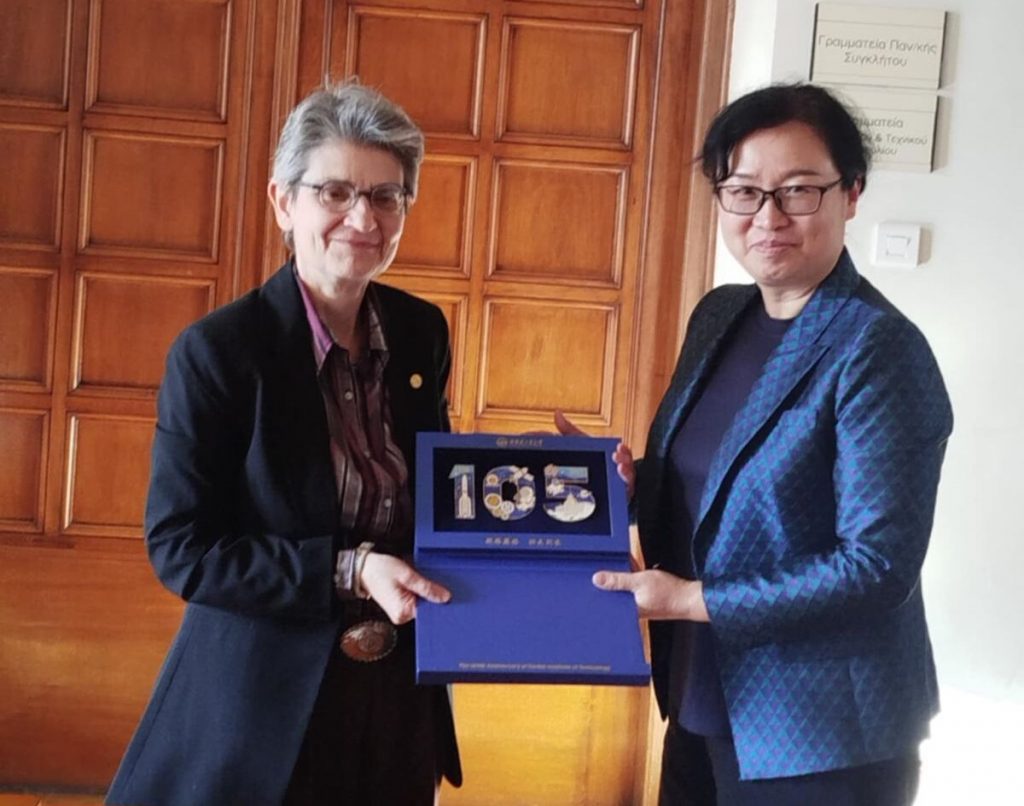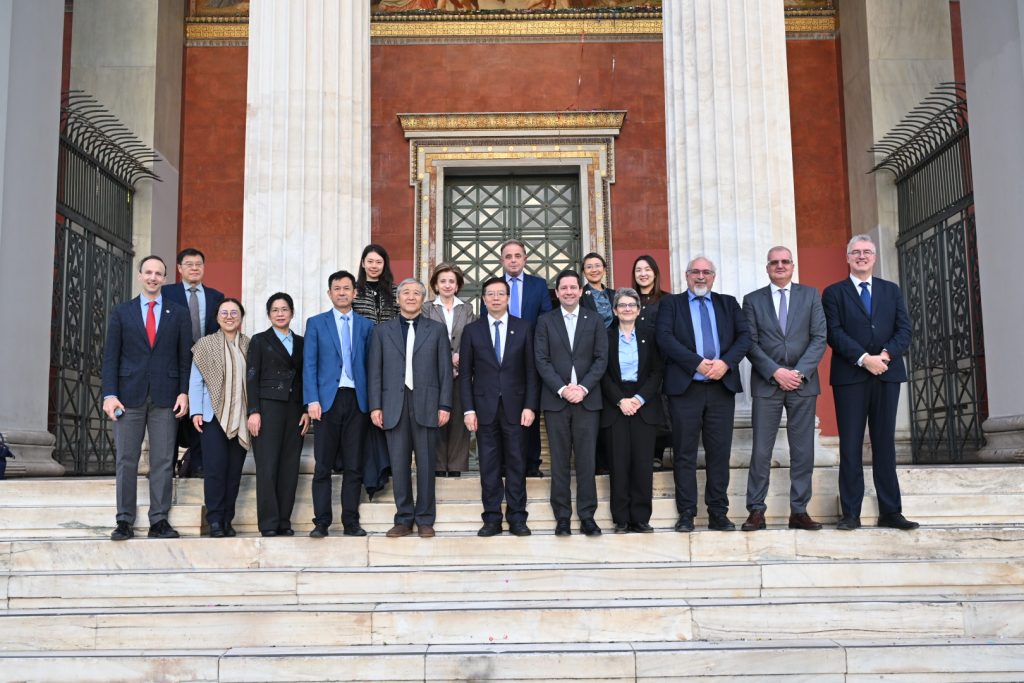Last week, the Progress Review of the European research project FARBES (Forecast of Actionable Radiation Belt Scenarios – https://www.farbes.eu/) was conducted successfully. FARBES is funded through Horizon Europe and pertains to space safety. NKUA participates as partner of the consortium implementing the project and is represented by the Space Physics Group (http://www.space.phys.uoa.gr/) and its leader, Prof. Ioannis Daglis.
Near-Earth space is riddled with high energy electrons, which are trapped in the Earth’s magnetic field. It is important to know when those electrons gain energy and how, because they can impact the services and the integrity of satellites. Similarly to how meteorologists have models for how the weather works and use observations to make forecasts, there are models for how ‘space weather’ works but observations are more difficult to come by, because space is big and we can only have spaceships observing tiny parts of it at any one time.
FARBES aims to improve this situation by using readily available measurements from ground observatories to quickly run models with them. In our part of the project, we are looking into how we can measure a particular type of process, the radial diffusion of electrons from ultra-low frequency (ULF) waves. The electrons that are trapped in the Earth’s magnetic field bounce up and down in it between the two poles, but they also drift sideways, orbiting the planet. As they do so they feel the effect of electromagnetic waves that are also moving around there. When the two are in resonance, electrons can be moved closer or further from the Earth, gaining or losing energy in the process. This is a statistical process, since some electrons will gain energy and some will lose it, but on average they will be moving in one of those directions. This gradual movement is called radial diffusion, and we need to know how fast it happens. For this we need the strength of the electric field out in space.
Because the magnetic field lines there are shaped like those of a dipole (unless they’re very far away from the Earth or are on the side that gets swept away by the sun’s constant particle wind), we can tell, to an extent, what’s happening at a point on the Earth’s equatorial plane out in space by looking at that’s happening down at where the dipole’s field line meets the surface of the Earth. With magnetometers there, we can measure changes in the magnetic field and use a set of equations to deduce what the electric field is doing out in space. This is what we did, using two arrays of magnetometers that span Europe from Scandinavia in the north to Greece in the south (EMMA and ENIGMA). We developed a code that reads the magnetometers’ measurements and converts them into a coefficient that models can then use to see how electrons are diffusing at that time.
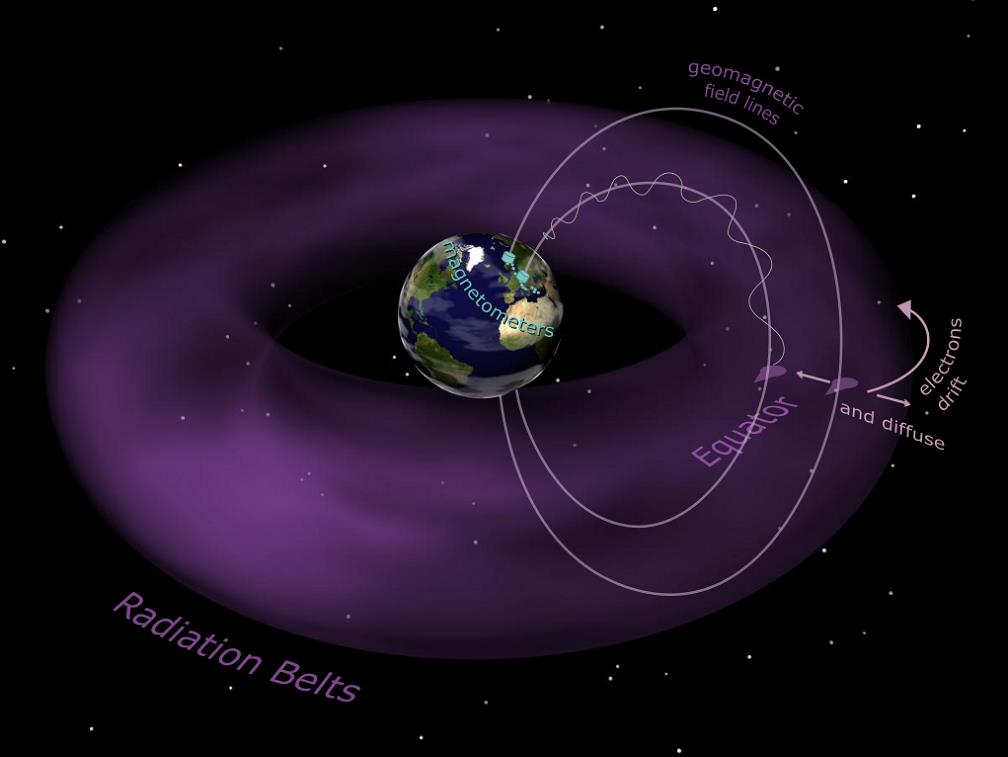
That code will be further refined and tested in future months. We can also use it to investigate some effects when the magnetic field lines are not very much like those of a dipole, and see what kind of corrections we can make in that case.




